Yemeni PM: Saudi-led coalition forces control all of Yemen’s oil fields, natural reserves
Yemen’s prime minister says Saudi forces and their allied Takfiri militants are in control of oil fields and natural reserves in Yemen and are fully liable for the ongoing miseries in the war-wracked Arab country.
Abdulaziz bin Habtoor said that the Sana’a-based government only receives 7% of the overall natural resources revenues, Yemen’s Arabic-language al-Masirah television network reported.
He said Yemeni officials have “implemented reforms in order to fight corruption,” adding that the High Anti-Corruption Commission has worked well in this regard despite considerable efforts by the Riyadh regime and its allies to shut down Yemeni institutions and organizations.
Back on July 2 last year, Habtoor said Washington was aggressively seeking to establish control over energy reserves and ports in Yemen’s eastern provinces of Hadhramaut and al-Mahrah and loot them.
The Yemeni prime minister also strongly condemned a visit at the time by the US ambassador to the country’s energy-rich eastern provinces, saying that Steven Fagin’s trip fell within the framework of the US attempt to dominate Yemen’s oil wells and ports.
The Yemeni prime minister asserted that the Saudi occupiers’ plots in the two provinces must be directly confronted and lauded popular resistance and steadfastness in the face of Saudi-led acts of hostility and schemes which are in flagrant violation of Yemen’s sovereignty.
Yemen hails Oman’s role in peace process
Meanwhile, Mahdi al-Mashat, head of Yemen’s Supreme Political Council, hailed Oman’s efforts to advance the peace process in Yemen.
He made the marks during a meeting with the Chairperson of the Sanaa-based General People’s Congress. Sadeq Rass, Sadeq Amin Abu Rass.
Last week, a delegation from the Sultanate of Oman arrived in Yemen to negotiate with the authorities in Sana’a government.
The Omani delegates made proposals in the meeting with the Yemeni authorities in order to extend the United Nations-brokered ceasefire in Yemen, and also held consultations to establish comprehensive peace.
Saudi Arabia, in collaboration with its Arab allies and with arms and logistics support from the US and other Western states, launched the devastating war on Yemen in March 2015.
The objective was to crush the popular Ansarullah resistance movement, which has been running state affairs in the absence of a functional government in Yemen, and reinstall the Riyadh-friendly regime of Abd Rabbuh Mansour Hadi.
While the Saudi-led coalition has failed to achieve any of its objectives, the war has killed hundreds of thousands of Yemenis and spawned the world’s worst humanitarian crisis.
Iran refutes US, UK accusations over Ukraine war, West Asia conflicts
Pakistani town erupts in protest after terrorists kill scores of Shia Muslims
US senator threatens ICC with military action over Netanyahu sentence
Iran: ICC indictment of Netanyahu should have included 'genocide'
VIDEO | IAEA anti-Iran resolution
Iran urges pope to help end Israeli onslaught in Gaza
VIDEO | ICC's warrant against Netanyahu
VIDEO | Dispute over 'self-defense' clause


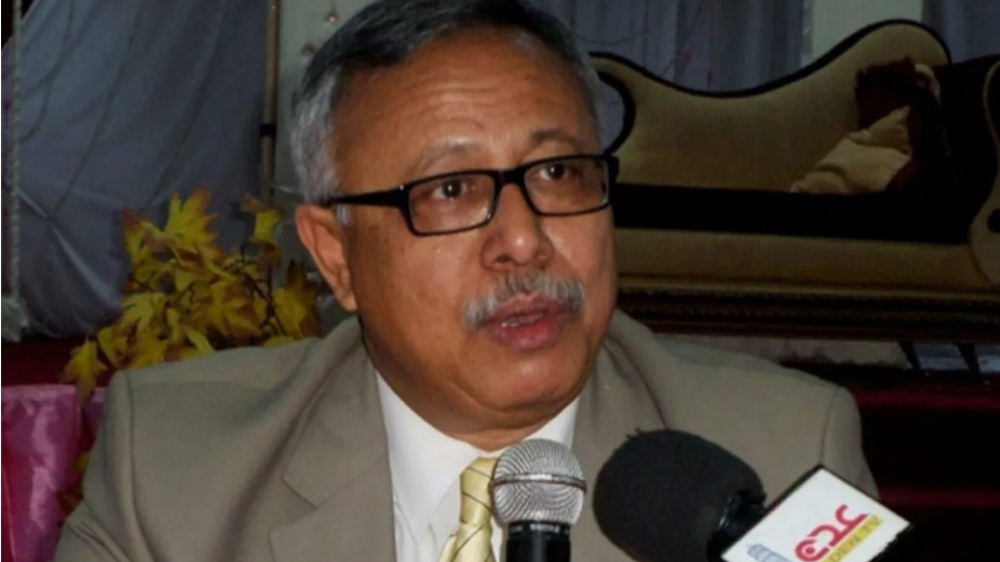
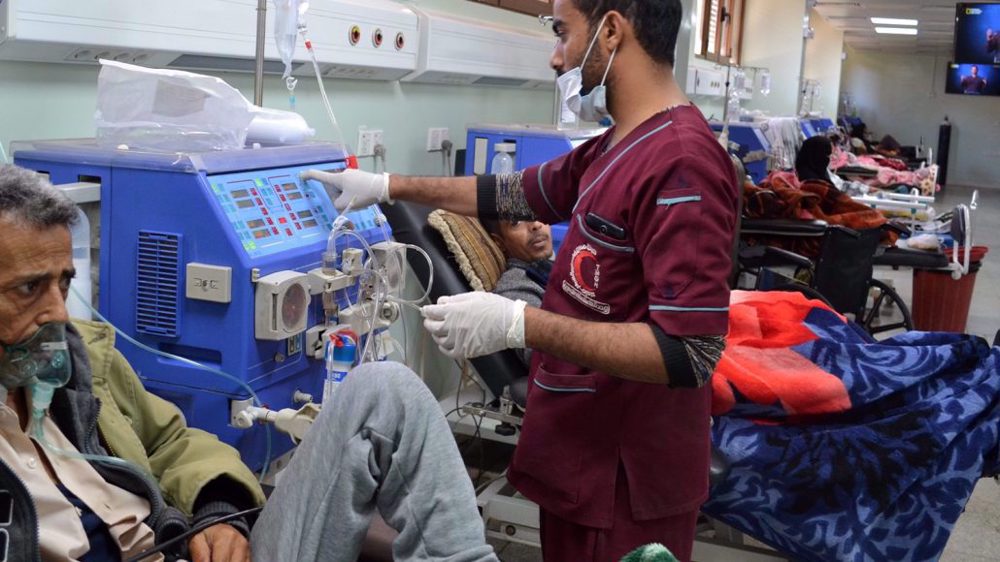
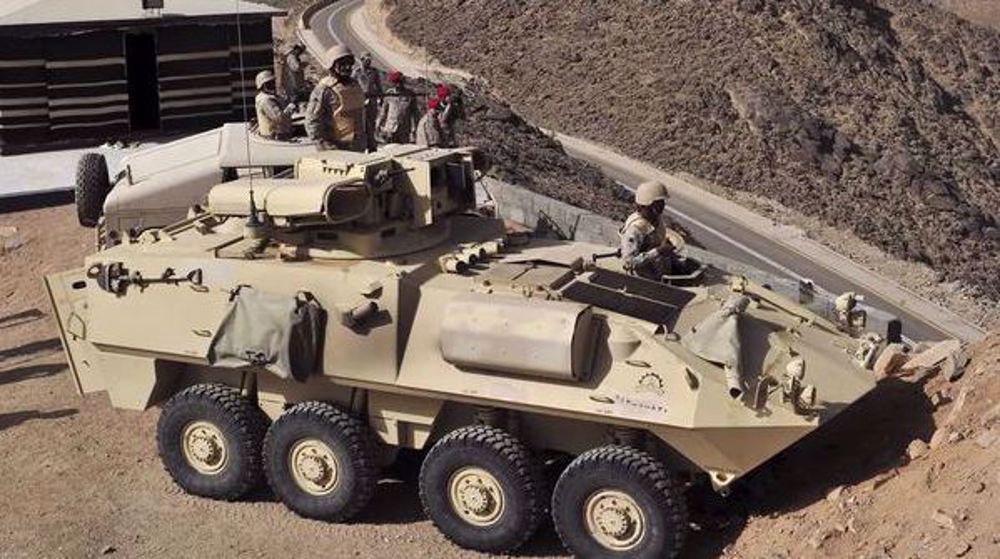
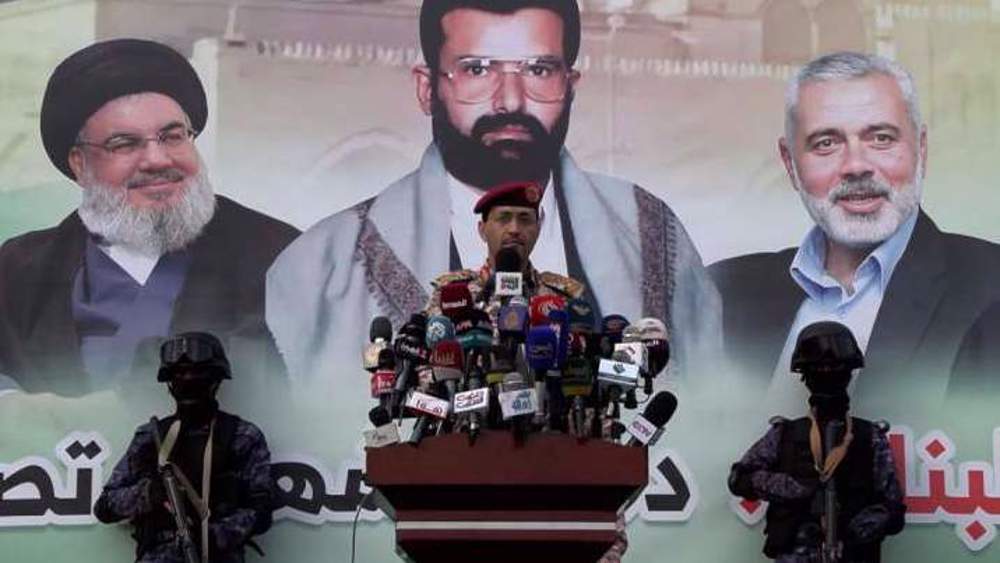
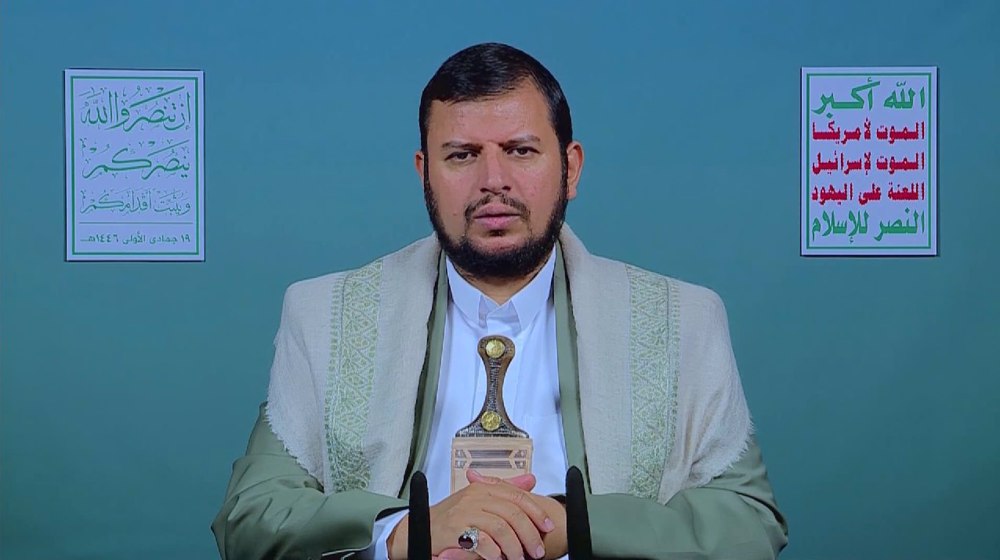
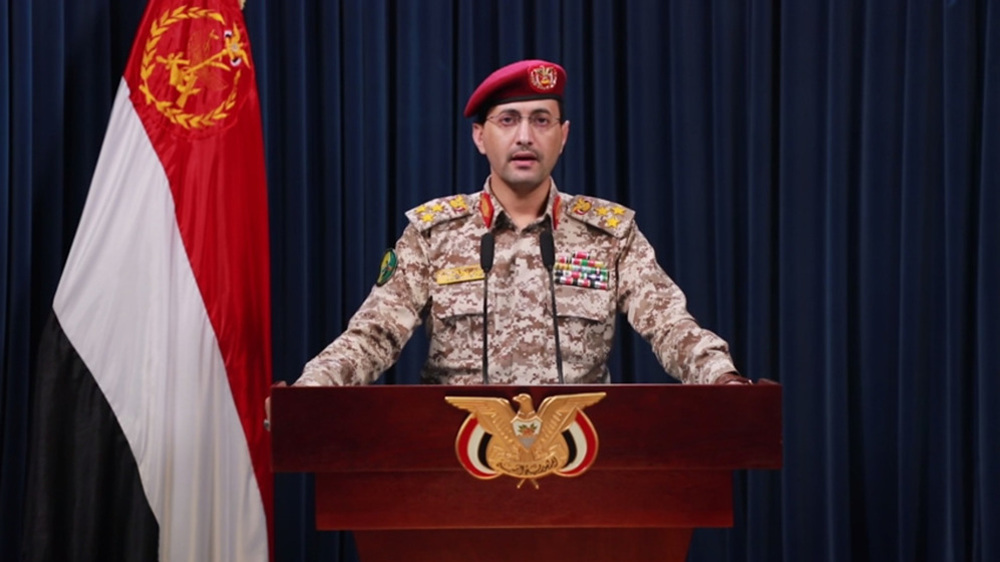



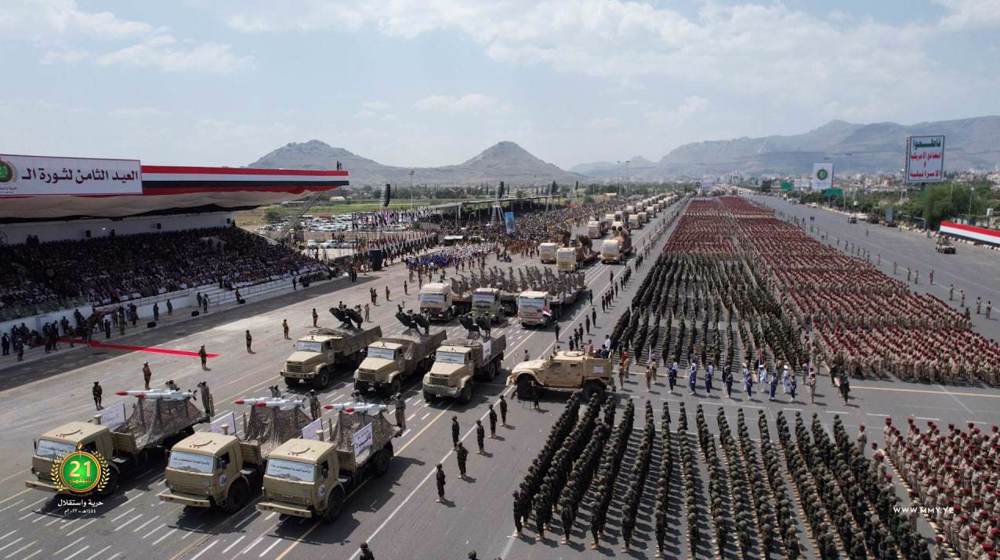
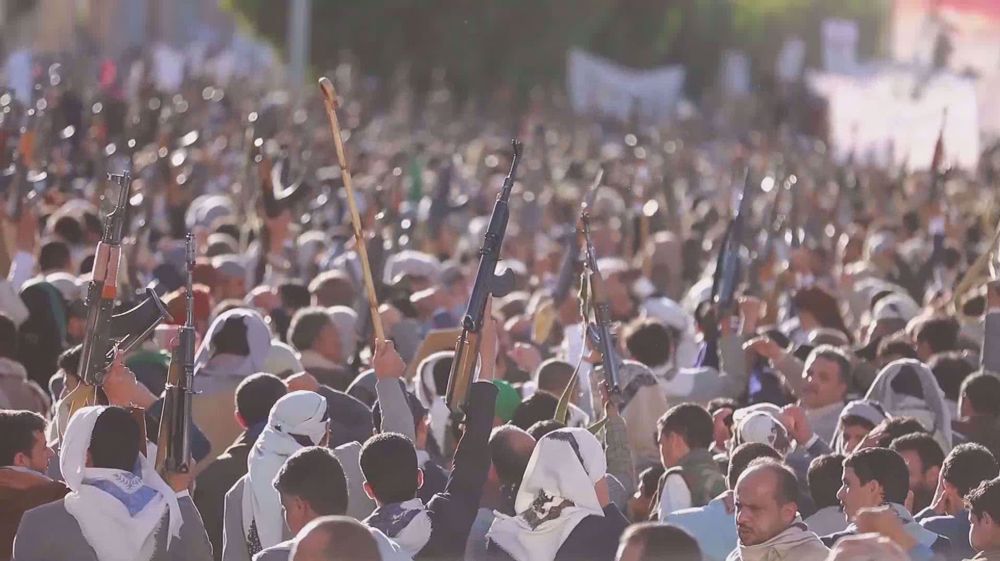
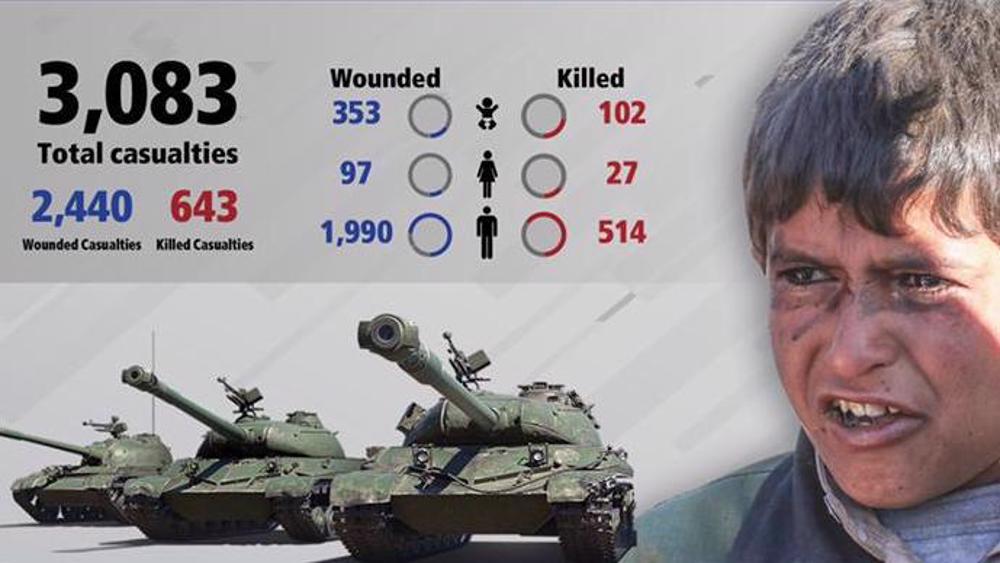

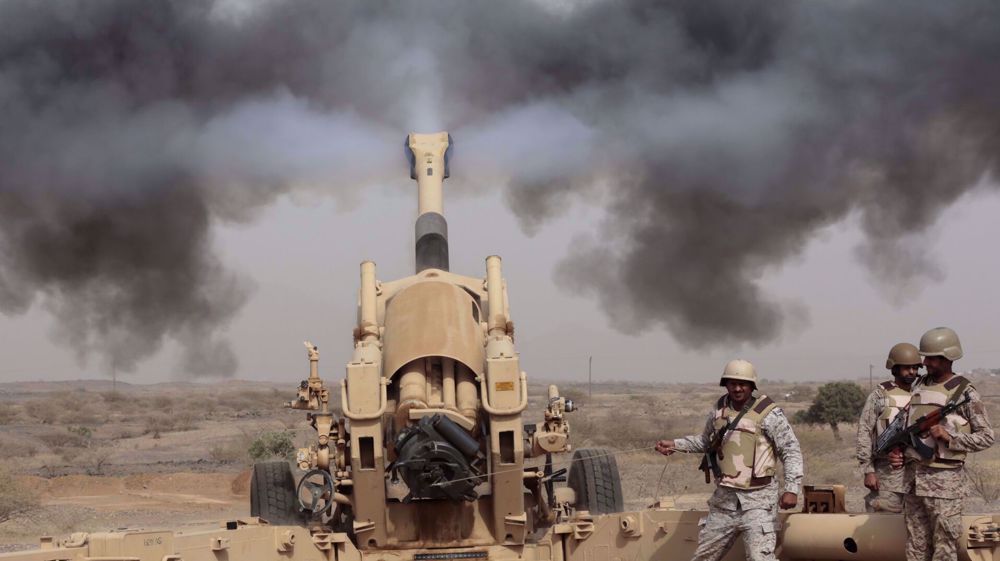
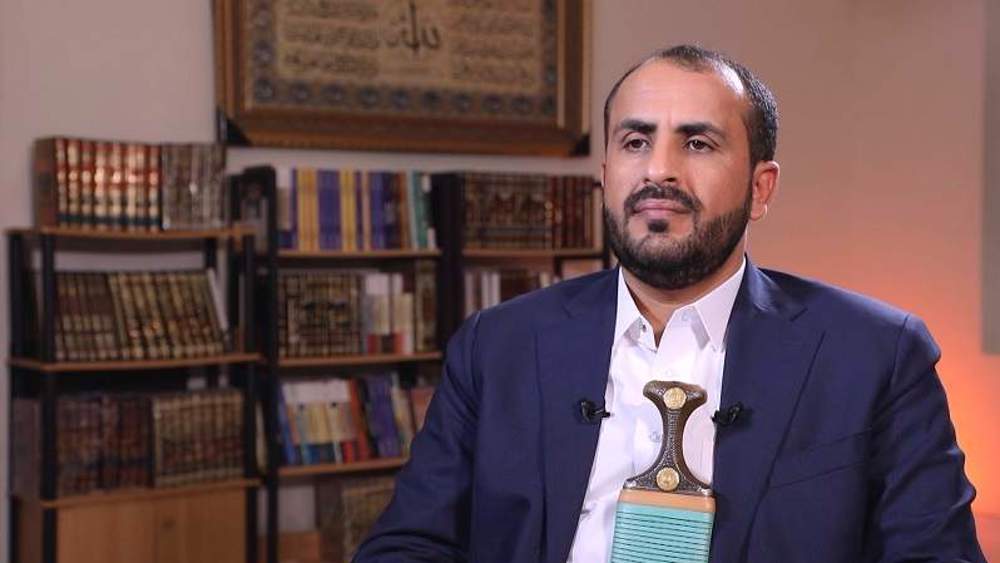
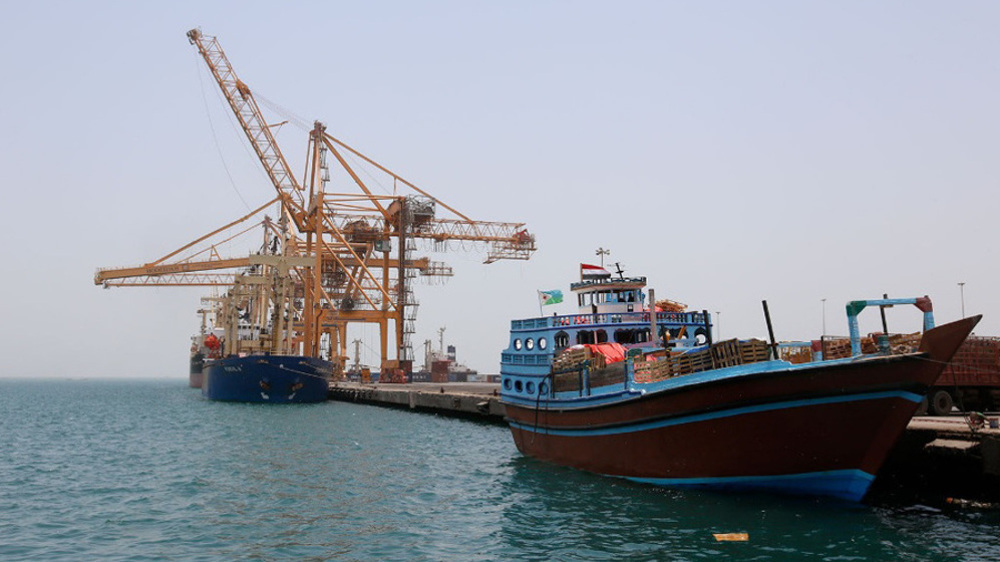
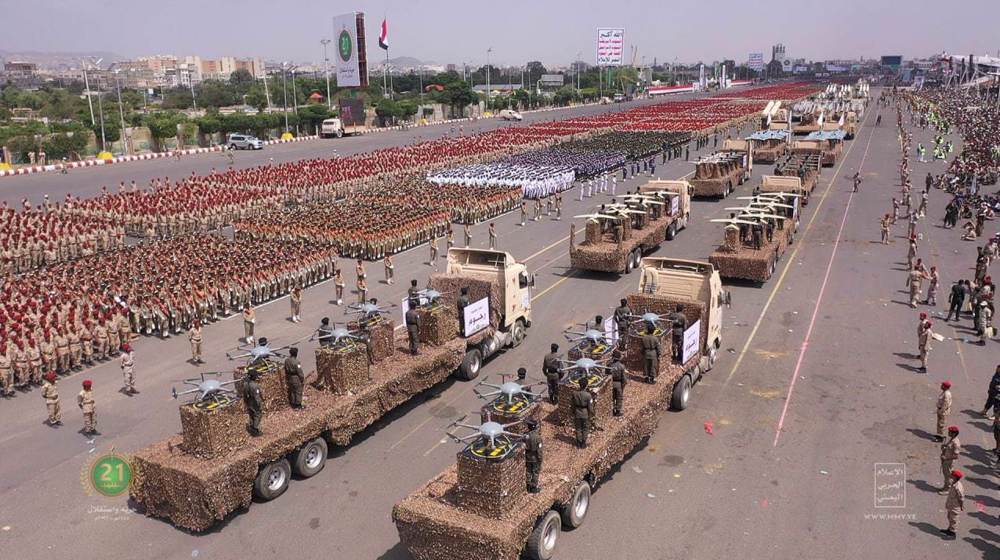
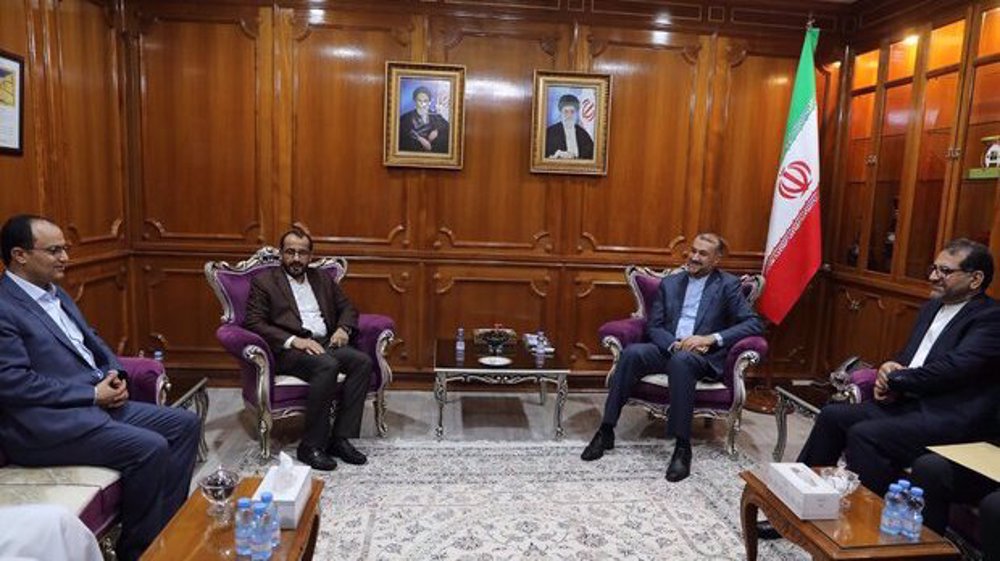

 This makes it easy to access the Press TV website
This makes it easy to access the Press TV website